TEHRAN(Bazaar) – Professor Paul Pillar, who was CIA intelligence analyst for 28 years, says the Trump administration is arguing that the Trump administration has been very aggressive in using secondary sanctions to dissuade other countries and foreign businesses from doing business with Iran.
Pillar says, any sanctions on Iran that President Trump imposed by executive order, a future president can remove through a new executive order.
“If president, Joe Biden might see political constraints against removing some sanctions on Iran, but not legal constraints,” Pillar tells the Bazaar in an exclusive interview.
Following is the text of the interview:
Bazaar: The United States put the label of sanctions on Iran's oil industry under the label of terrorism. Does lifting the sanctions require congressional approval, or is it possible for the US president to lift them?
Pillar: Anything that President Trump imposed by executive order, a future president can remove through a new executive order. That will be the case until and unless Congress were to pass any new legislation that overrides the president's ability to do this. If president, Joe Biden might see political constraints against removing some sanctions on Iran, but not legal constraints.
Bazaar: The United States also recently used the term “pre-emptive sanctions” in connection with arms embargoes on Iran, announcing that any country or company that “intends” to do business with Iran would be subject to secondary sanctions. This phrase seems to open the hand of this country to sanctions a lot. What is your opinion?
Pillar: The Trump administration has been very aggressive in using secondary sanctions to dissuade other countries and foreign businesses from doing business with Iran. In practice, the idea of sanctioning someone for the mere intent, rather than action, of doing business with Iran may not change much what the administration already has been doing in the way of secondary sanctions. The term "pre-emptive sanctions" probably was used to try to deter people, whether or not it represents any expansion of what has already been done.
Bazaar: U.S. National Security Adviser Robert O'Brien recently stated that the United States has already imposed heavy sanctions on Iran and Russia, and that Washington has fewer options for new sanctions against the two countries. What is the reason for this statement? Why were new sanctions imposed on Iran's oil industry after this statement?
Pillar: Mr. O'Brien was simply acknowledging the fact that because the United States has sanctioned so many Iranian institutions and individuals already, there isn't that much else left to sanction. But the Trump administration will always be able to find something else to sanction if it looks hard enough, and the latest oil sanctions are part of what it has found.
Bazaar: The United States has labeled nuclear sanctions under the label of terrorism, weapons of mass destruction, and so on. Given this, even if Biden returns to the JCPOA, in practice he will not be able to lift the sanctions that were previously under the nuclear label. What is your assessment?
Pillar: The Trump administration's tactic of labeling many of their sanctions as related to terrorism rather than nuclear activity is part of what it has done to make it as difficult as possible to remove the sanctions. And politically, it will be difficult for a President Biden to lift sanctions that supposedly are in response to terrorist activity and do not have to do with the JCPOA and nuclear matters. But those additional sanctions were still a violation of the U.S. commitment under the JCPOA, in which the United States not only was supposed to lift nuclear sanctions but also not act to interfere with normal commerce with Iran. So a Biden administration could accurately describe removal of any of the new sanctions that Trump imposed, regardless of how they were labeled, as part of returning to compliance with the JCPOA.

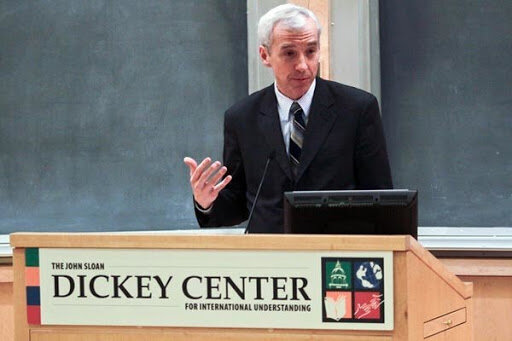




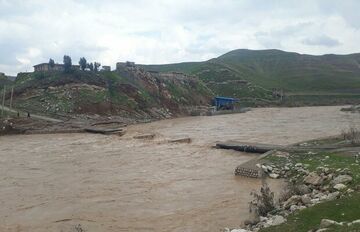
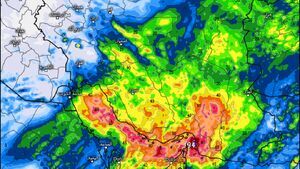




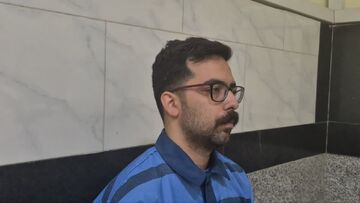
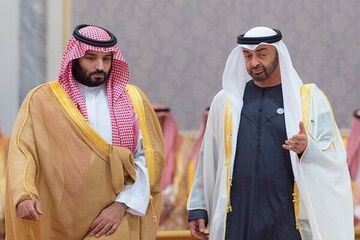

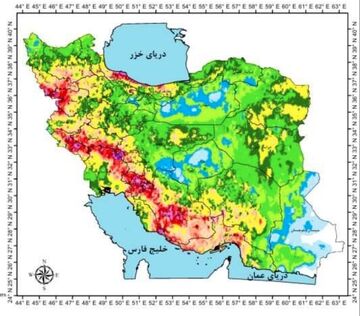
نظر شما